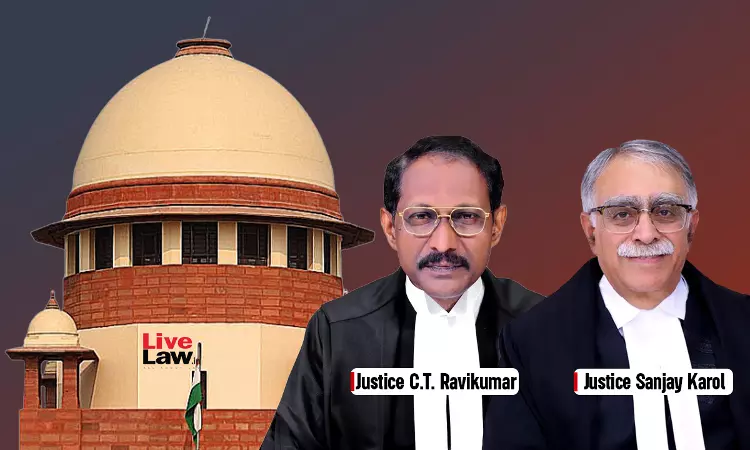While directing restoration of the criminal proceedings against Kerala MLA Antony Raju in an evidence tampering case, the Supreme Court today held that the bar on taking of cognizance under Section 195(1)(b) CrPC was not attracted in the case, as the proceedings were initiated against Raju pursuant to a judicial order."the initiation of the present proceedings in the present case, was from...

